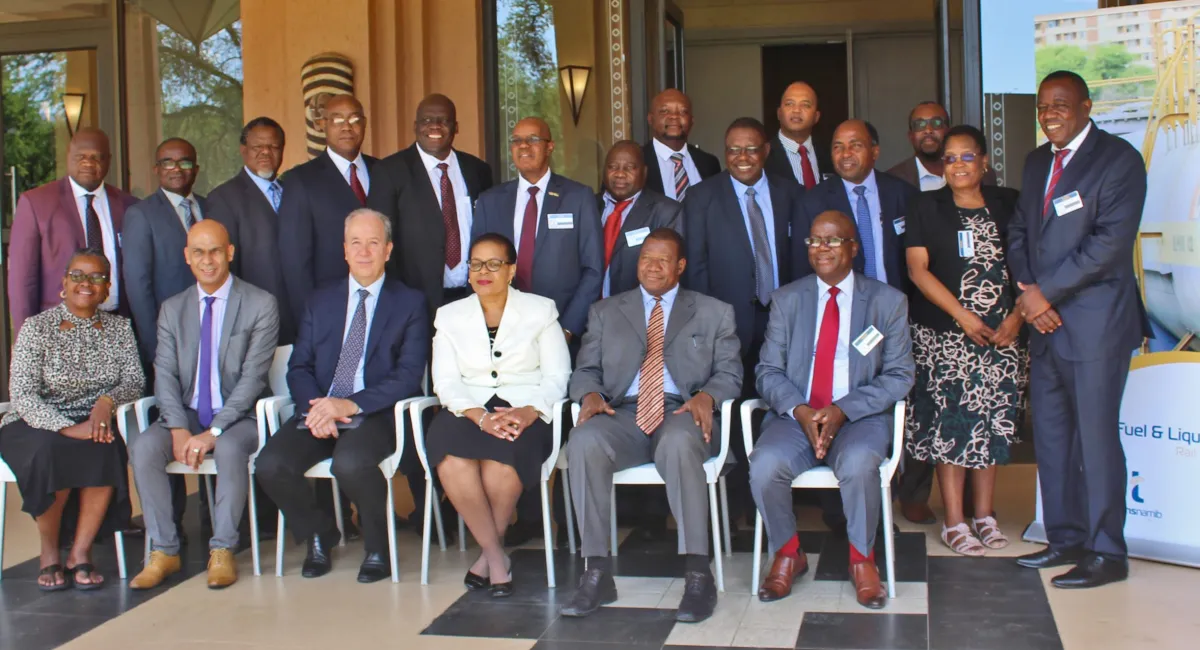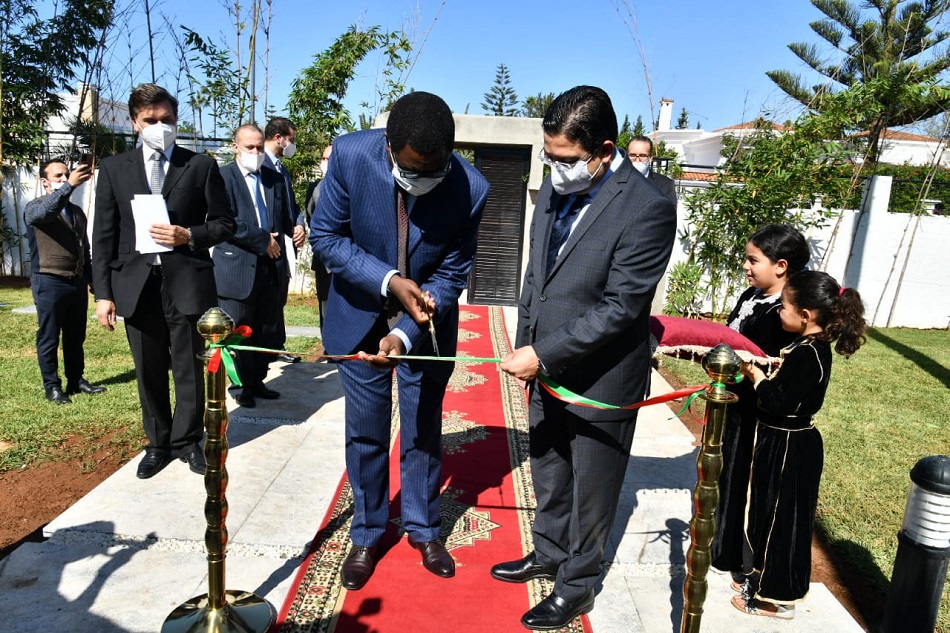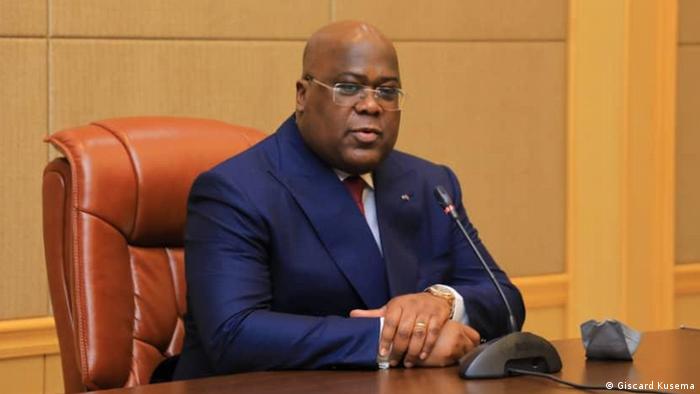As the Southern African Railway Association (SARA) announced it is pushing ahead with the drafting of a regional railway master plan, Namibia State-owned freight utility TransNamib is engaging with the Development Bank of Southern Africa on the viability of the plan.
During the SARA Rail Conference hosted last week, CEO and SARA Vice President Johny Smith highlighted that a regional railway plan must be customer-centric, focused on proactive services, have solid supply chain principles, promote new technology and encourage partnerships for innovation on energy, communication, intermodal freight movement, equipment handling and maintenance. He mentioned that a regional rail master plan must question and evaluate alternative energies for the sector, particularly hydrogen. He believed Southern Africa’s railway lines to be 30 years behind on innovation and standards, compared with international railways. SARA President Sizakele Mzimela highlighted a lack of investment in infrastructure and the absence of supporting institutional frameworks as two major issues confronting the region and the continent, despite rail’s criticality in supporting economic development.
SARA, as the specialized railway wing of the Southern African Development Community countries and with its representation of 15 member countries, hoped that more partnership and action would emanate from the 2022 SARA Rail Conference. In a subsequent panel discussion, the audience learned that, for example, Eswatini was aggressively looking to transfer freight logistics from predominantly road to rail, owing to cost, emissions and road damage considerations. Meanwhile, Angola had been investing heavily in its rail network, but the country was currently looking for more efficiency. Angola was also progressing a free trade zone between Angola, DR of Congo and Zambia, in efforts to improve the capacity and efficiency of freight in this region. As for Zimbabwe, the country has done a number of public-private partnership projects, including in the mining sector. Zimbabwe often has deals with mining companies to incentivize their development or maintenance of railway lines and provision of rolling stock.



